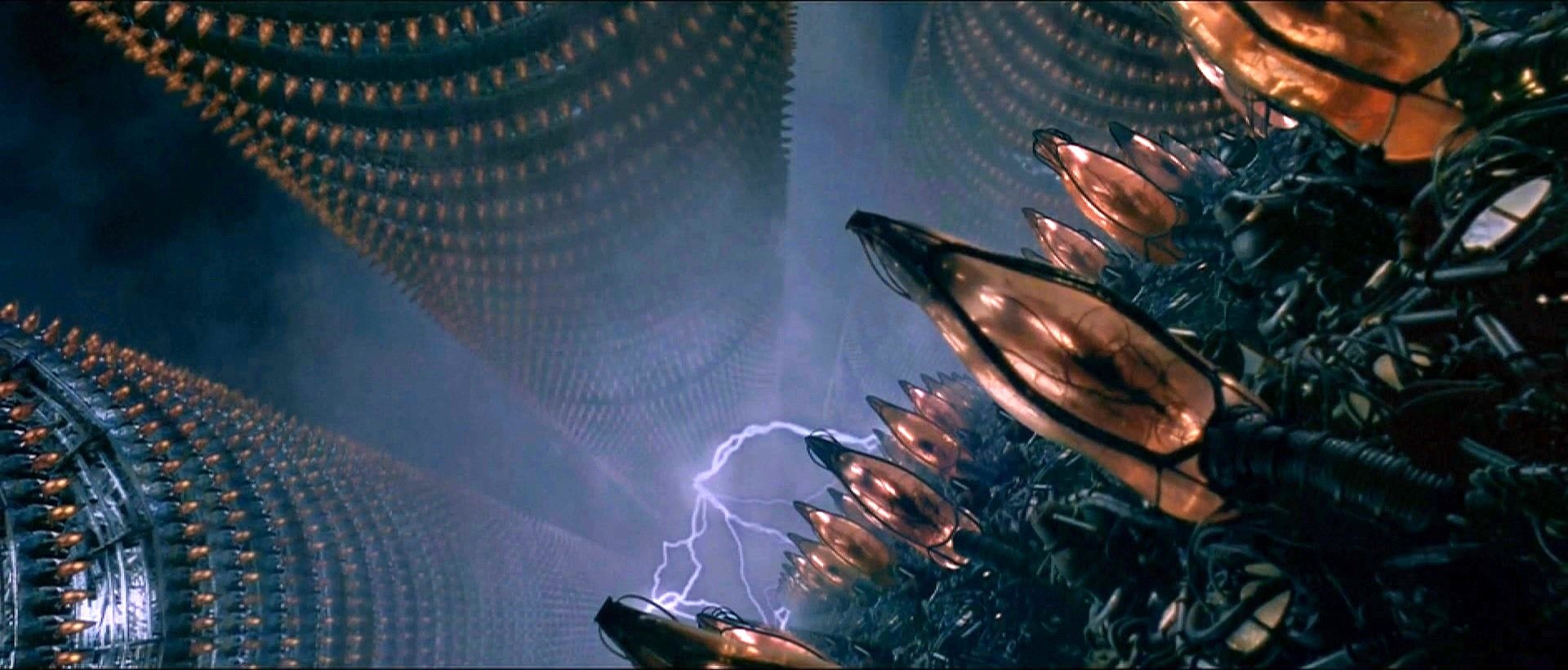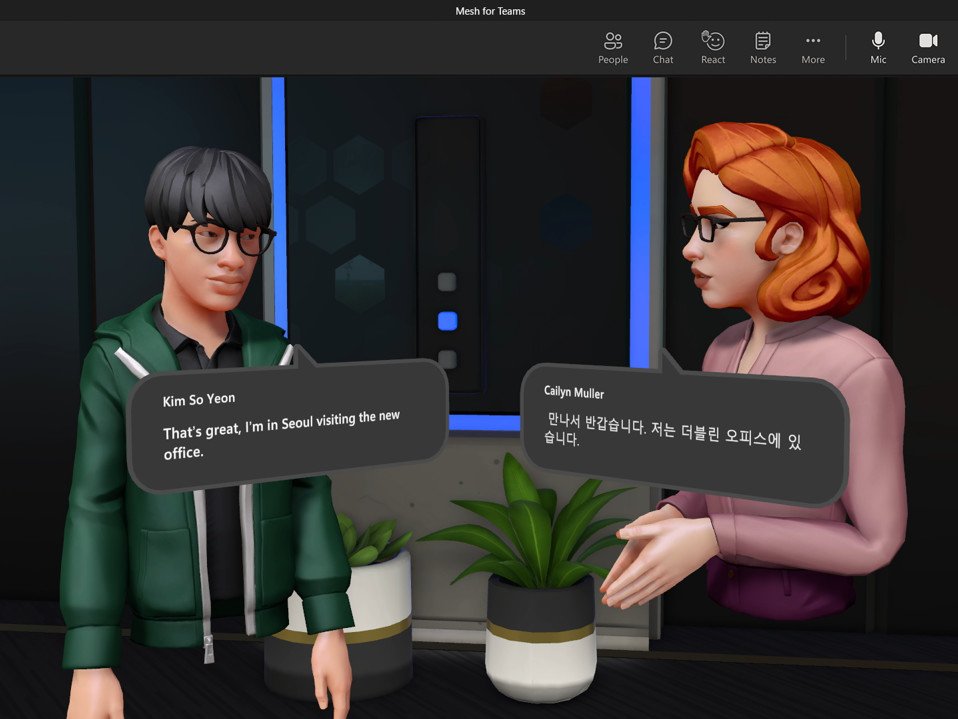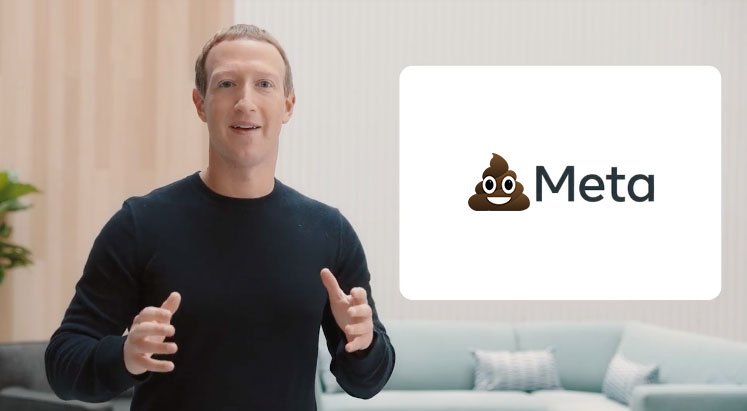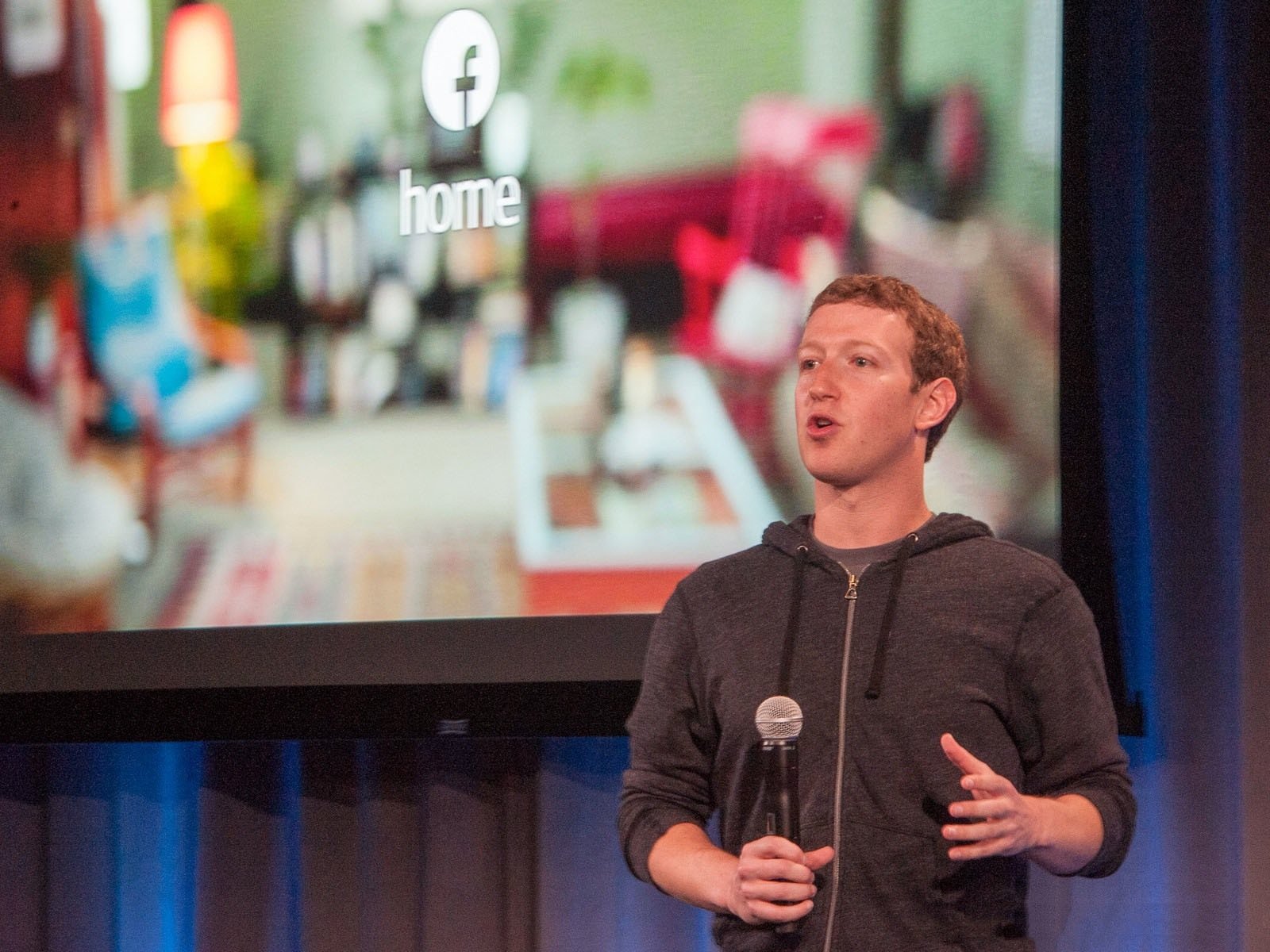I'm already sick of this latest tech fad.
This past week, everybody's favorite robotic tech personality Mark Zuckerberg announced that he's rebranding Facebook Inc to "Meta" in reference to the company's new "metaverse" focus. The announcement spawned a wave of intrigue in the idea, although, really, it's not exactly a new concept.
I saw a tweet "leak" today that proclaimed "MICROSOFT IS DEVELOPING METAVERSE APPS FOR XBOX," which had me rolling my eyes. Specifically, the company announced Mesh which includes personalized avatars and mixed reality. This latest hype completely glosses over the fact that Microsoft already owns some of the largest services in this category, the biggest known to most of us as Minecraft.
Wait, what? Minecraft is a metaverse app?! Yes, yes it is.
Minecraft is one of the only games on Earth that allows cross-platform play between VR, phones, consoles, and PCs. It has a user-generated content platform (also known as UGC), where modding companies make literal millions of dollars selling custom Minecraft worlds. It even has an educational version, designed to be used by professional teachers in classrooms. Crucially, Minecraft also sports 180 million monthly active users across its connected, persistent cloud-based worlds, hosted entirely on Microsoft Azure.
Obviously, Microsoft is using Minecraft's "metaversal" design as a basis for exploring other games that could have this kind of application intent, following on from the success of the likes of Roblox and other similar titles.
So, what is the metaverse really, and why is Facebook attempting to drive hype in that direction?
Surprise, it's about money
The metaverse is an utterly redundant concept because, guess what? The internet already functions as a metaverse. The internet has different rules to our "real lives," complete with infinite hits of dopamine through various escape vectors. Whether you're living vicariously through a celebrity Instagram feed, perusing the infinite wealth of knowledge that exists on YouTube, or getting yelled at while working on Microsoft Teams by your boss, it's all metaversal. The problem for Facebook is that it's angry that it doesn't own all of it.
The metaverse is an attempt by Facebook and other companies to to create their own sub internet, where it owns every point of entry, from the hardware down to the experiences. It wants this because, right now, the current global Western internet is essentially a "metaverse" owned by Google on the search and ad front and Amazon on the retail front.
Google's dominance in search and ad placements effectively decides what websites live and die at an unaccountable whim. Anybody reading this in the web publishing game knows all too well the horror of the Google algorithm change, which can crater your traffic for arbitrary reasons and leaving you scrambling to keep your business afloat. When it comes to retail, Amazon is the dominant force so the majority of people bypass Google entirely when they need to buy something. The internet is an "open" metaverse that has coalesced in large part around a handful of dominant tech companies, for better or worse. In Facebook's case, it's definitely for the worse.
 Mark Zuckerberg saw the humans forcibly connected to a centralized virtual world and vampirically harvested for power and thought "hey that's a good idea."
Mark Zuckerberg saw the humans forcibly connected to a centralized virtual world and vampirically harvested for power and thought "hey that's a good idea."
Facebook has suffered from a range of existential threats to its business recently. Anyone who knows my writing by now knows I have a passionate hate for the dystopic effects Facebook's algorithm has had on society, but let's leave that to one side for a moment.
Facebook is nervous that young people are wholesale rejecting its app. While Instagram remains steady, Facebook itself has seen a notable crash in user retention among young people, who see it as an "uncool" social network for older people. Facebook's social platforms have been besieged with negative press lately, too. A Facebook employee leaked mountains of data, revealing that the company prioritized profits over user safety, pushing divisive and hateful content on purpose. While hundreds of millions of us still use Facebook services, a wide range of people feel negative about the platform, indicating that people use it out of a sense of social obligation, rather than reverence for the brand.
Facebook's rebrand to "Meta" is, by its own admission, an attempt to de-emphasize Facebook, which given its lack of appeal to younger users, may end up being a legacy product as its users literally die off. Zuckerberg and the team are looking ahead to the future, and you can bet all the Robux you have that they're looking at Minecraft and Roblox to model their new platform on.
The metaverse already exists
Facebook's metaverse is essentially an attempt to create an internet dimension where the company can have a large hand in lifestyle flow. Like Instagram (also owned by Facebook), any retail activity would result in a cut going to the company and, therefore Zuckerberg. Any search activity could be sanitized (or sensationalized) by Facebook. Access would be governed by Facebook-made hardware like the Oculus Quest 2 (now known as the Meta Quest), which would let it sidestep the profit-devastating privacy crackdown the platform experienced on iOS recently.
Sure, there's no way the 'Zuckerverse' would hit critical mass without first spreading via the public web, but like many platform holders, there would be an effort to ensure the "premium" experience is tailored for its hardware experiences first, like how Google prioritizes YouTube development and features on Android. The Zuckerverse is just the latest extension of the platform's attempt to keep you inside its apps and services at all times. You can think of it as a more aggressive incarnation of Instagram's built-in browser, which prevents Google from accessing your delicious web cookies when you hit links. There's a reason Facebook doesn't let you add URLs to the descriptions on Instagram posts.
Reduced down, the metaverse is simply a branding exercise. It has allowed Facebook to sidestep criticism of its toxic social platforms and has given investors something to focus on for the future. Facebook's share price has been on a downward trend for this quarter, but saw something of an uptick since this rebranding exercise got underway. But, like much of what Facebook says lately, it's likely to just be smoke and mirrors.
The metaverse is simply a branding exercise. It has allowed Facebook to sidestep criticism of its toxic social platforms and has given investors something to focus on for the future.
Facebook is employing "ten thousand" engineers in Europe to make its "Zuckerverse" into an unreality, but we've seen this time and time again. And we've seen it flop, time and time again. Sony's PlayStation Home VR social experience shut down a few years ago, and very few of the concepts Zuckerberg proposes in the original reveal seem to go further than what we've seen already on PlayStation VR, Windows Mixed Reality, or even older services like VR Chat or Second Life.
If the play is VR, then I'm not sure it will be adopted as Zuckerberg hopes it will. Minecraft has had VR support for years at this point, yet it's by far the least-played version of the game. When it comes to VR, society has spoken: few people actually want to strap a giant thing on their face in order to do non-VR things. Despite the global chip shortage, it's extremely rare that I see the Oculus Quest 2 sold out on Amazon, while companies like Sony, Nintendo, and Microsoft are all warning investors that their console supplies can't meet demand. VR can be fun for gaming, but I think Facebook is kidding itself if it thinks people will put on a health-monitoring headset and fill their home space with Zuckerberg-connected cameras just for the privilege of talking to friends and family while wearing a low-poly robot suit.
Minecraft has an interconnected system of programs across multiple pieces of hardware and Roblox allows people to share and create words in an enclosed ecosystem. What Facebook wants with its metaverse is just called the internet. Zuckerberg is just mad that he can't control all of it.
Don't fall for the hype
 You can compound your work stress by being a lame 3D avatar in the metaverse, whoop-di-doo.
You can compound your work stress by being a lame 3D avatar in the metaverse, whoop-di-doo.
I already see bloggers and commentators speculating on what the metaverse hype means for Microsoft. The answer is nothing. It's already in the "metaverse" business from a gaming perspective, with Minecraft, and other lifestyle online games it's developing with ZeniMax Online Studios, IO Interactive, and possibly Mainframe. Microsoft announced today that you'll be able to portray yourself as a cartoon avatar in Microsoft Teams with Microsoft Mesh.
Honestly, who cares? Does Microsoft think I want to look like a bad Pixar knock-off while getting yelled at for missing meetings? (Sorry Dan.) Is this the best the "metaverse" hype offers?
They're trying to create a product to solve a problem that doesn't exist.
Look, techbros, just call it what it is: it's the internet. It's still the same old dystopian bullshit we know and love to hate and hate to love. Zuckerberg can hire 50,000 engineers if he wants, but I wonder what society could achieve if those creative minds were funded by these billionaires to create something that actually helps the world. What they're trying to build here is a product that solves a problem that doesn't exist, unless the problem is Zuckerberg's desperation to break free of a competitive internet ecosystem.
At the end of the day, I can't help but feel like this at least partially rooted in some pathological arrogance that tech billionaires have towards average people. Are our lives are so miserable that all we need is a virtualized vision of what it would be like to be rich? It's somewhat ironic that Zuckerberg's demo of his Zuckerverse takes place in a mansion, and then on a spaceship, given that the headlines have been dominated by technocrats taking space tours into low orbit this year.
Perhaps what "average people" actually need is a world with less Zuckerberg in it, not more.




0 Commentaires